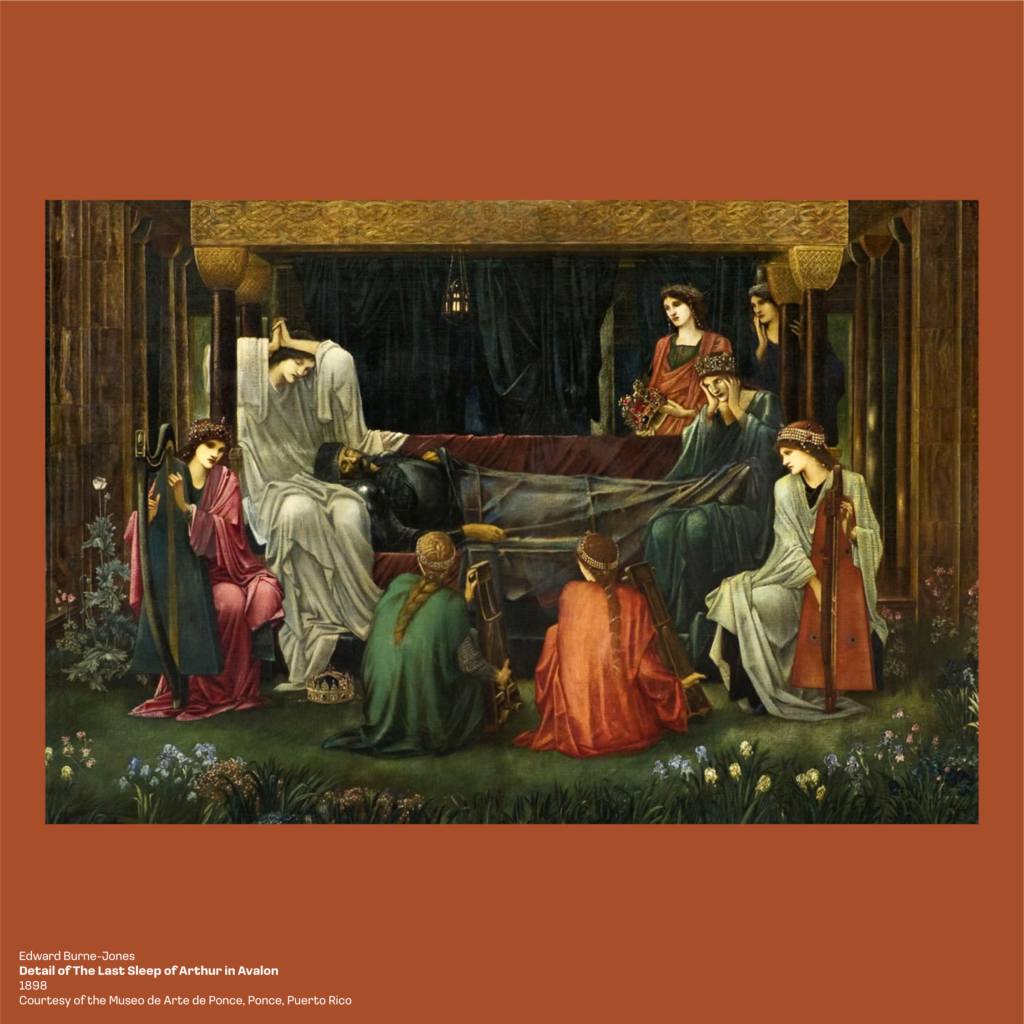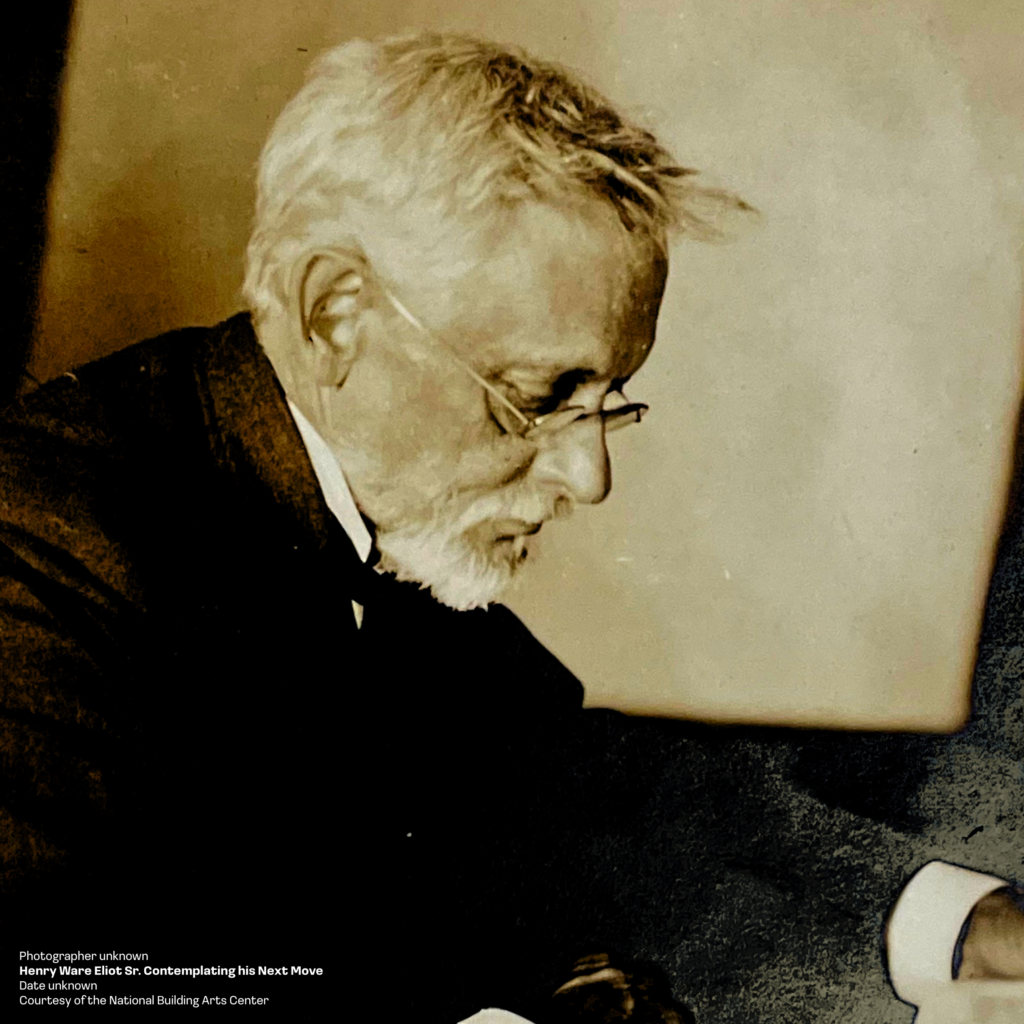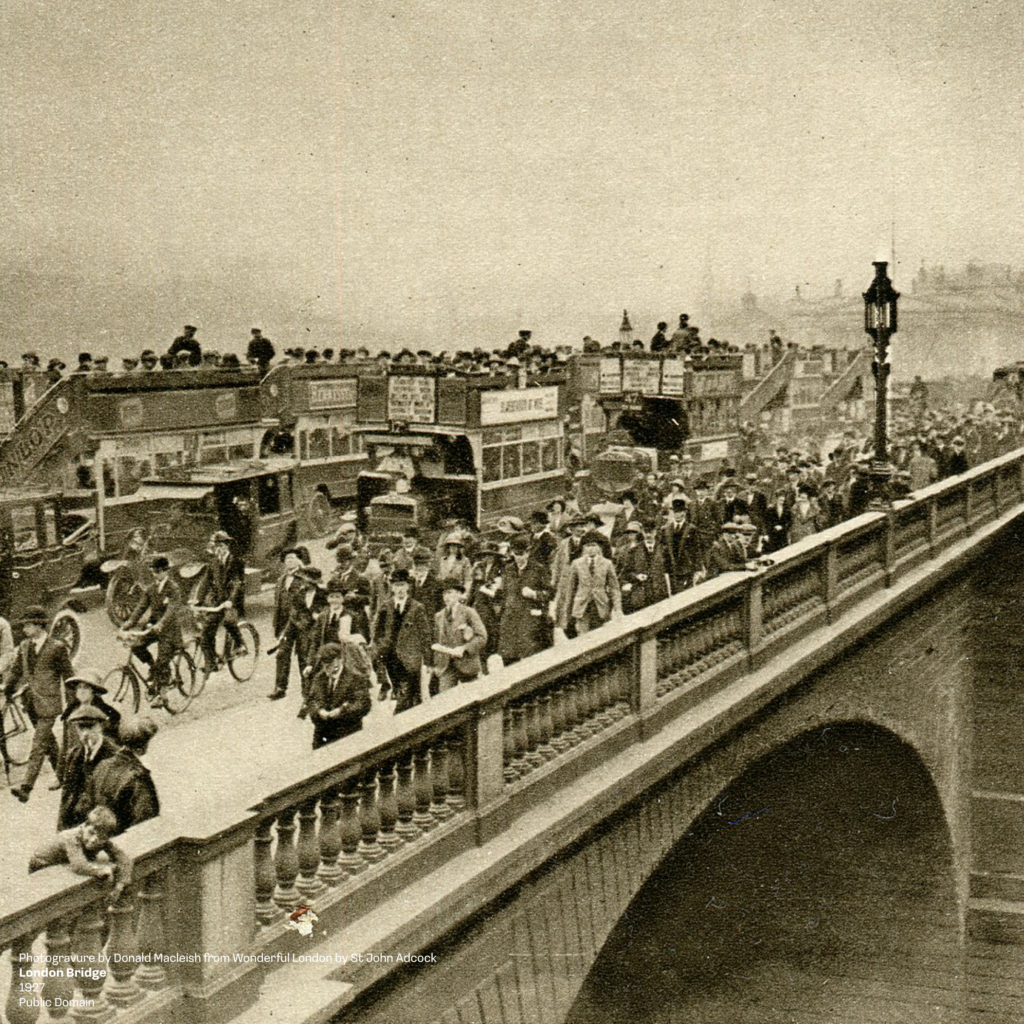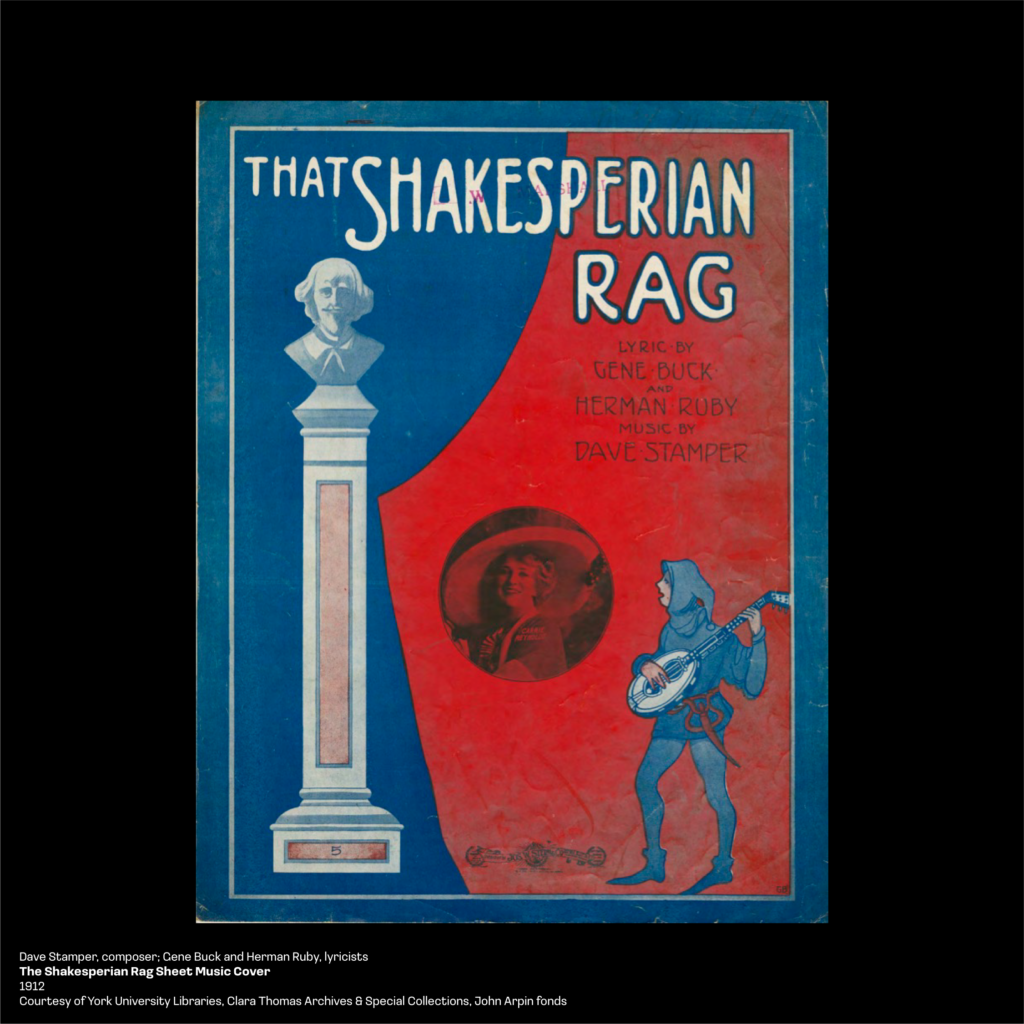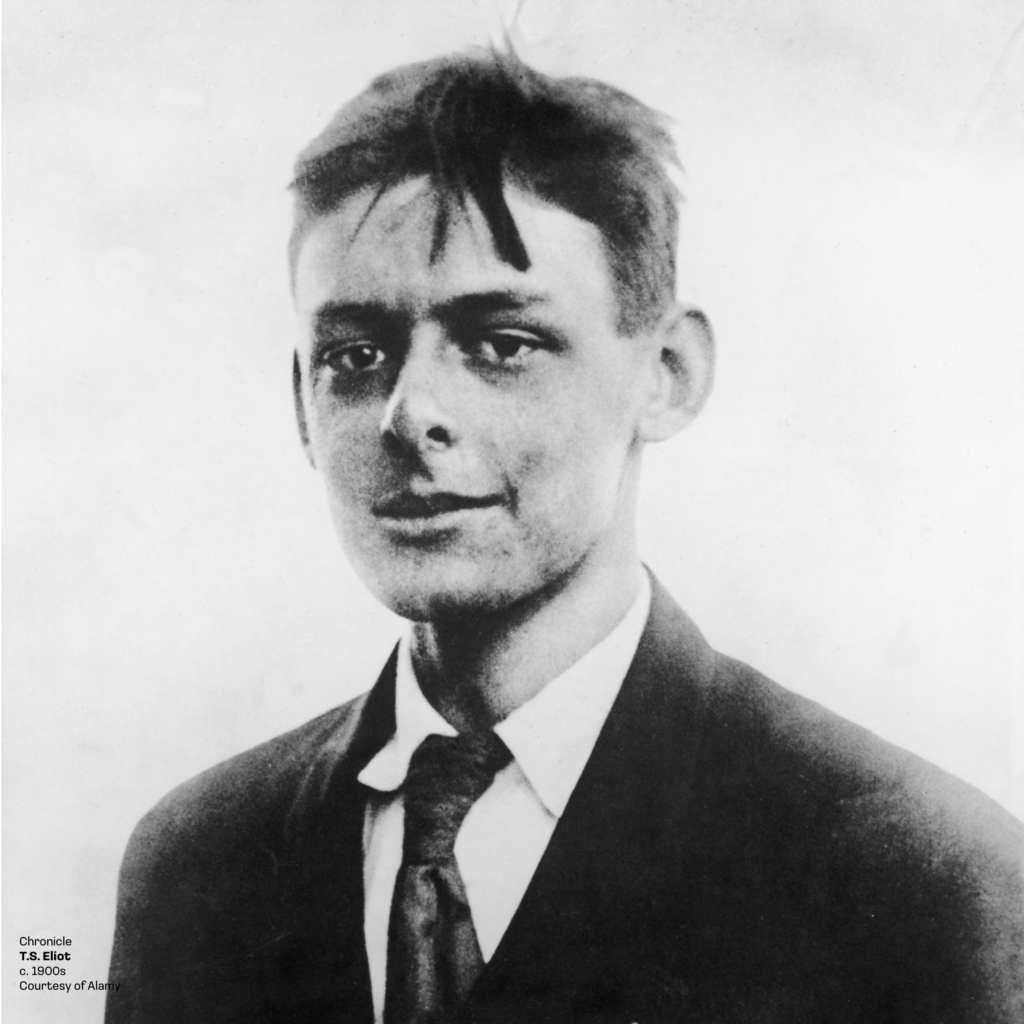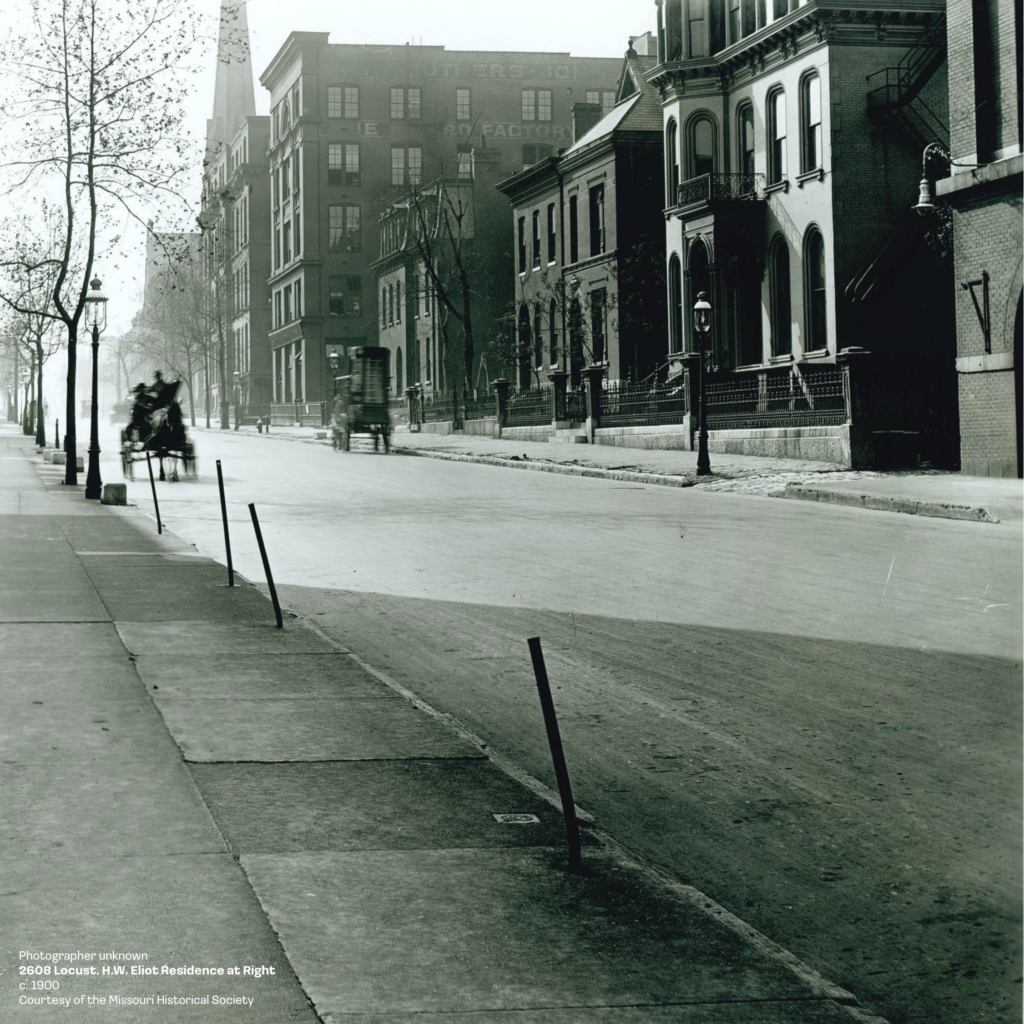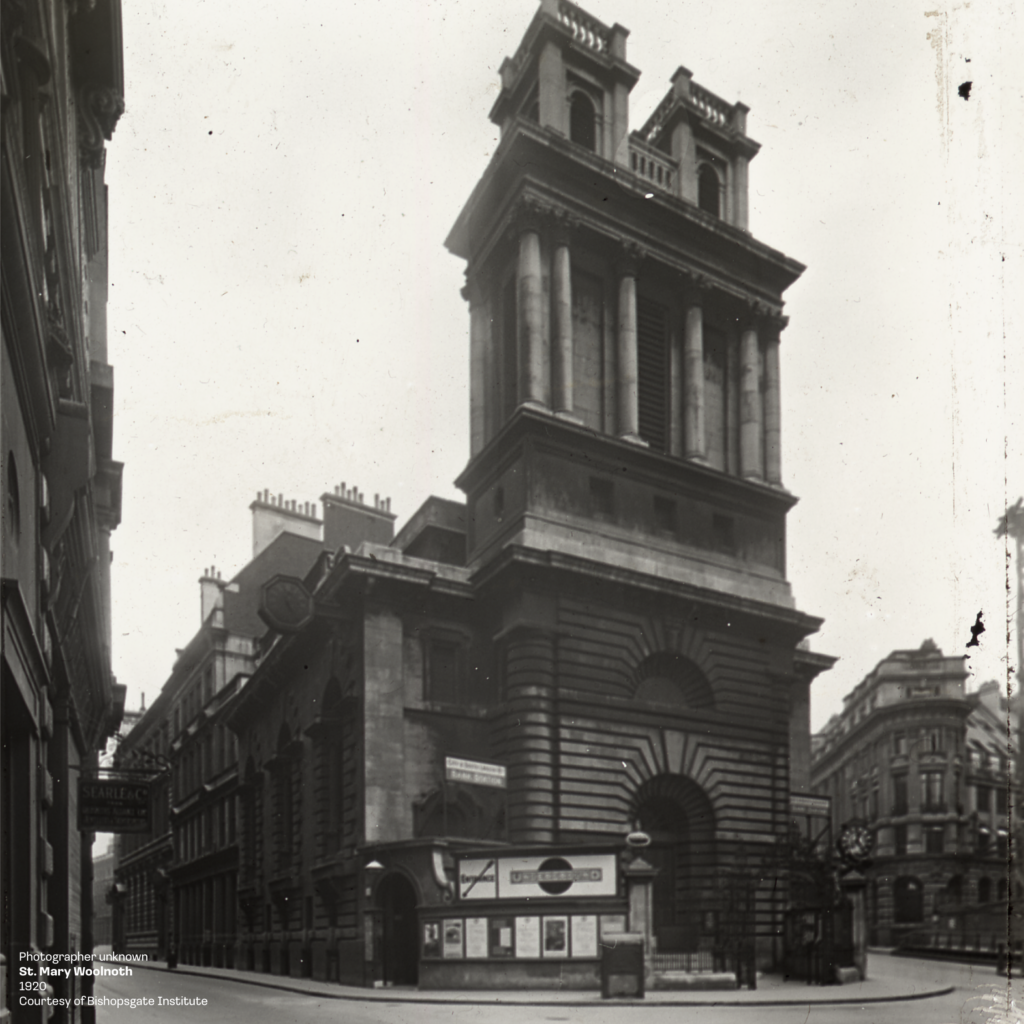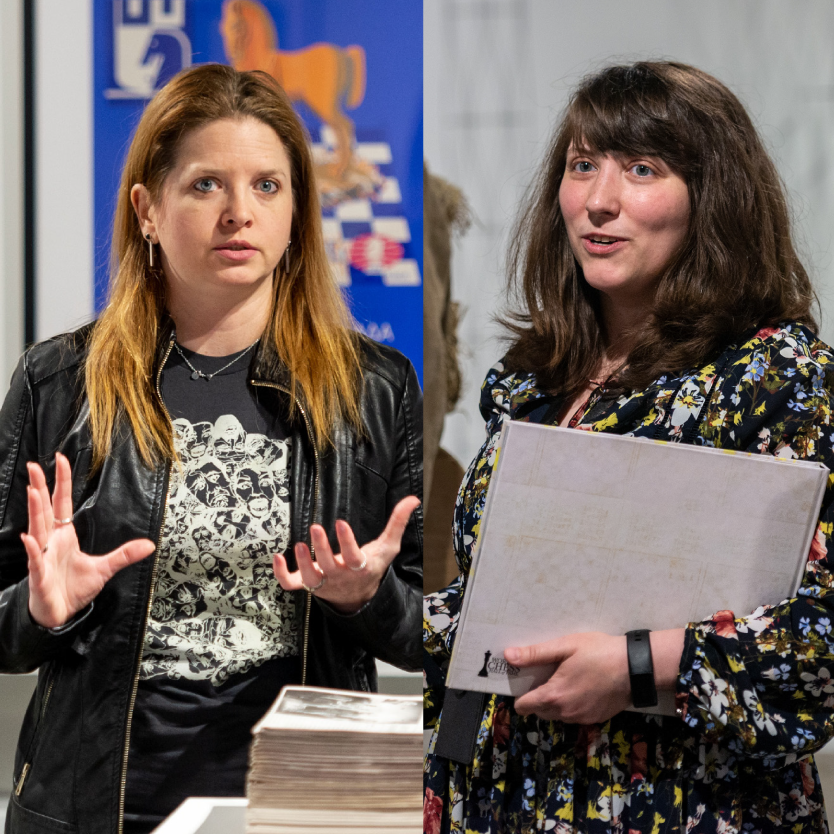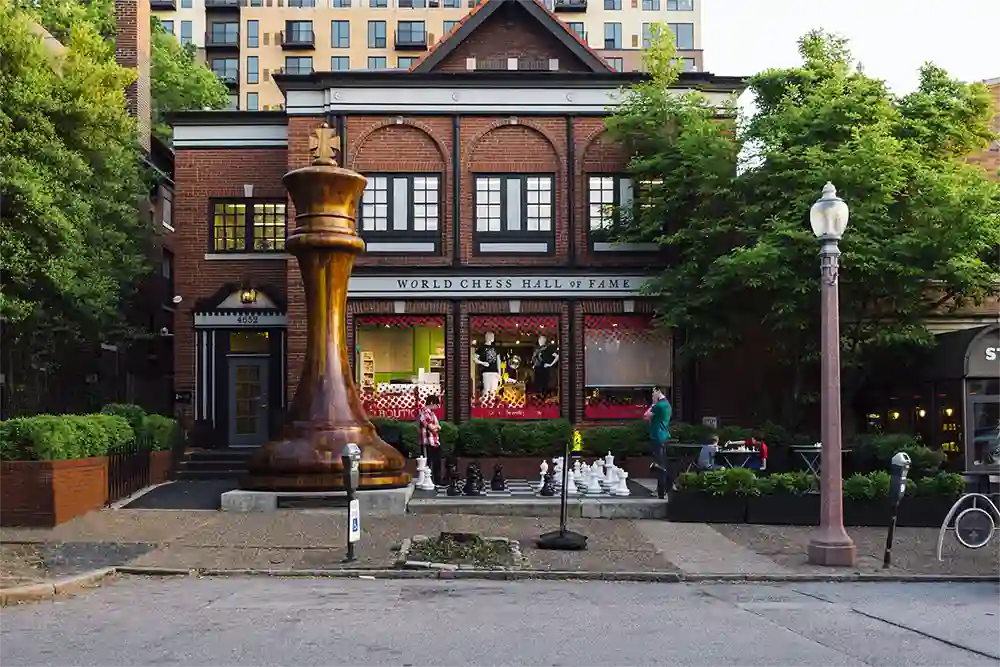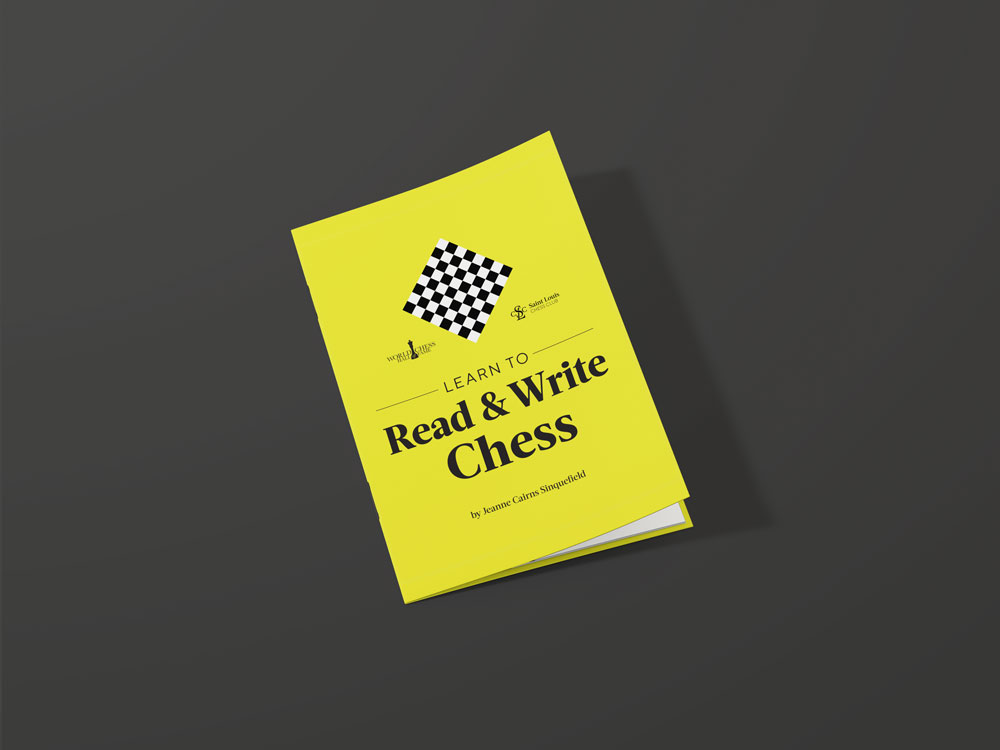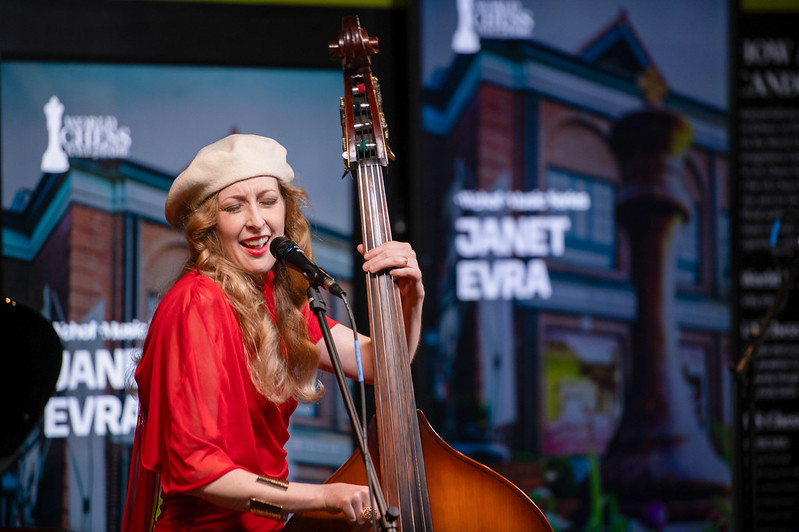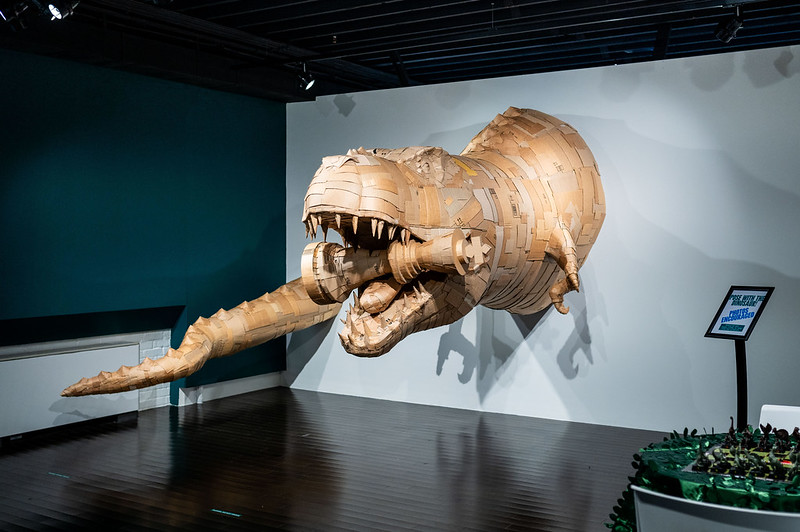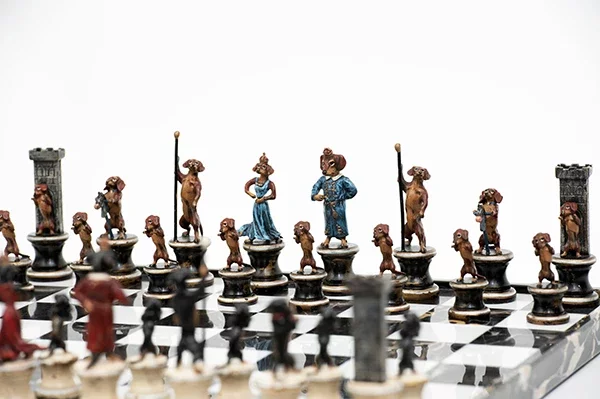May 17, 2023 - March 24, 2024
T. S. Eliot: A Game of Chess

Exhibit Overview
T. S. Eliot: A Game of Chess explores Eliot’s famous poem, The Waste Land, through the theme of chess. After World War I, the Spanish Flu, and his father’s death, Eliot wrote The Waste Land, a poem expressing grief and feelings of alienation in a rapidly modernizing society. Situated just steps from his parent’s home in Saint Louis’ Central West End, this exhibit features artifacts and multimedia displays relating to Eliot’s poem, his chess metaphors, and the many strands of his life that he wove into his writing.
Born in midtown Saint Louis in 1888, T. S. Eliot went on to become an internationally renowned poet, British citizen, and Nobel Prize winner. In 1922, he published what became his most famous poem, The Waste Land, including a section entitled “A Game of Chess.” This exhibit will center on Eliot’s use of chess in this poem and circle outward to ways in which The Waste Land reflects his Saint Louis childhood, his personal and familial relationships, the cultural wound of World War I, and the poet’s deep reading in literature and philosophy.
Chess was an important part of the poet’s life as a form of connection to his father, with whom he played transatlantic chess by letter before his death in 1919, and as a pastime with his wife when communication failed. Eliot worked chess into The Waste Land through the theme of royalty, specifically the Fisher King whose illness parallels the “wasting” of the land, echoed by references to other kings and queens from Shakespeare’s plays, and through chess as a metaphor for sexual intrigue, drawing on two Renaissance plays by Thomas Middleton, A Game at Chess and Women Beware Women.
In Eliot’s poem, an unhappy couple spars verbally, the wife represented as a queen on “a burnished throne.” They make conversational moves but do not connect with one another. Ultimately, the husband silently envisions the endgame of their day:
“And we shall play a game of chess,
Pressing lidless eyes and waiting for a knock upon the door.”
In a poem concerned with connection and disconnection (“I can connect/Nothing with nothing”), his chess imagery suggests people seeking union and understanding but instead betraying and disappointing one another. Woven into the theme of royalty are gestures of grief for the passing of his father, who was a kind of “king” in Saint Louis as the former President of the Hydraulic Press Brick Company.

